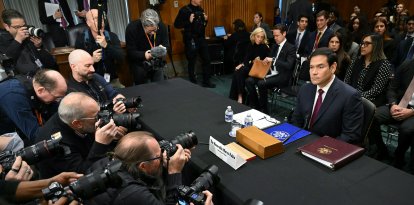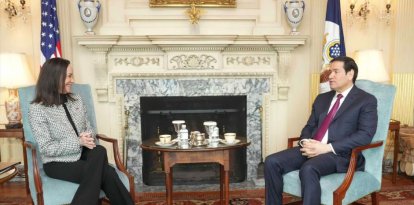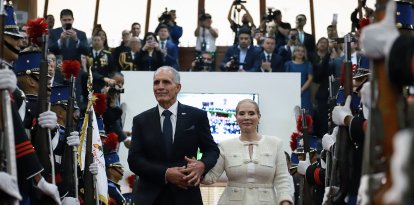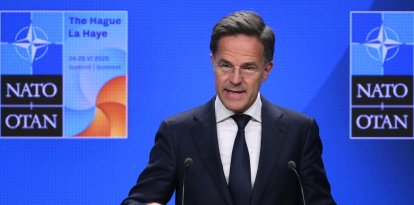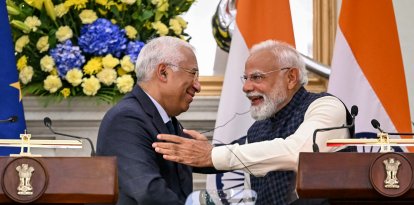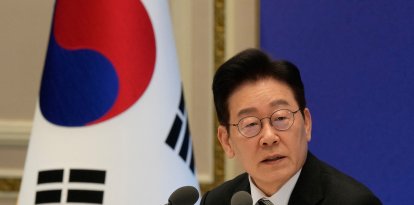Argentina: The left calls the first general strike against Milei after only 45 days under new government
The General Confederation of Labor leads the unions that are calling for a strike throughout the country and will take to the streets throughout the day to protest Milei's Omnibus law and DNU.

(
Under the government of Alberto Fernández, there was not a single day of strike by the majority unions in Argentina. Now, the leftist General Confederation of Labor and its allies decided to make up for lost time. On Tuesday, the country's main union launched its first general strike in five years in defiance of President Javier Milei. The strike occurs only 45 days after the libertarian came to power, a complete record for Argentina.
Even more surprising, the process of calling for the strike began more than a month ago, just 18 days after Milei took office as Argentina’s president. This is practically the opposite of the deadlines that the unions gave to President Néstor Kirchner and his wife Cristina, who respectively enjoyed 1661 and 585 days before facing an economic stoppage in the country.
President Milei attempts to cut the state, who struggles to present the harsh reality of a state that cannot carry its own weight, is the main reason invoked by the unions to call this "unusual" strike, according to statements from Guido Agostinelli, professor of macroeconomics at the University of Buenos Aires, to DW. More specifically, Milei’s Omnibus bill is in the crosshairs of the protests, as well as the decree of necessity and urgency (DNU).
The call took place in all the cities of the country, but will have special force in the capital of Buenos Aires, where the union members plan to begin at 2:30 p.m. local time. The union called for a stoppage of activity for at least 12 hours and the march will go to the Argentine National Assembly along Avenida de Mayo. Throughout Wednesday morning, different groups gathered in the call area. Among them, the Truck Drivers Union, the Polo Obrero, the Central Workers of Argentina (CTA) and the Panadero Union. In addition to the Evita Movement, Somos Barrios de Pie, Corriente Clasista y Combativa (CCC), Frente Popular Darío Santillán and Movimiento Misioneros de Francisco.
The government deployed police resources to control the march. Minister of National Security Patricia Bullrich posted a message challenging the strike. "Mafia unionists, poverty managers, complicit judges and corrupt politicians, all defending their privileges, resisting the change that society decided democratically and that President Javier Milei leads with determination," Bullrich said. "There is no strike that will stop us, there is no threat that will intimidate us," she concluded.
Several politicians opposed to the government took to the streets to support the strike. This is the case of the governor of the province of Buenos Aires, Axel Kicillof, who received criticism for participating in the demonstration.















